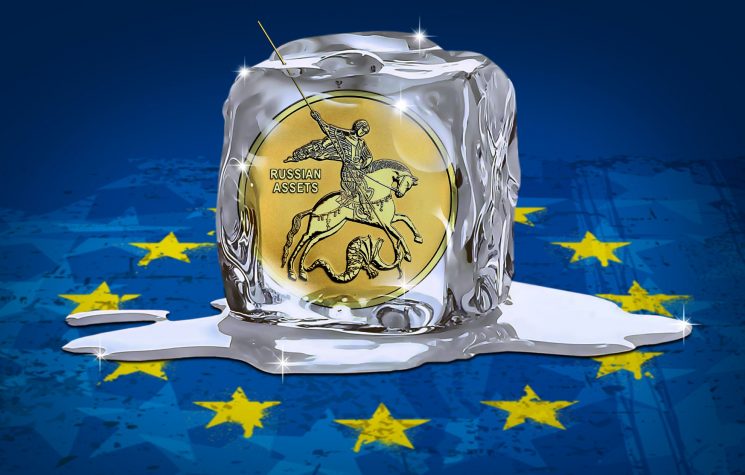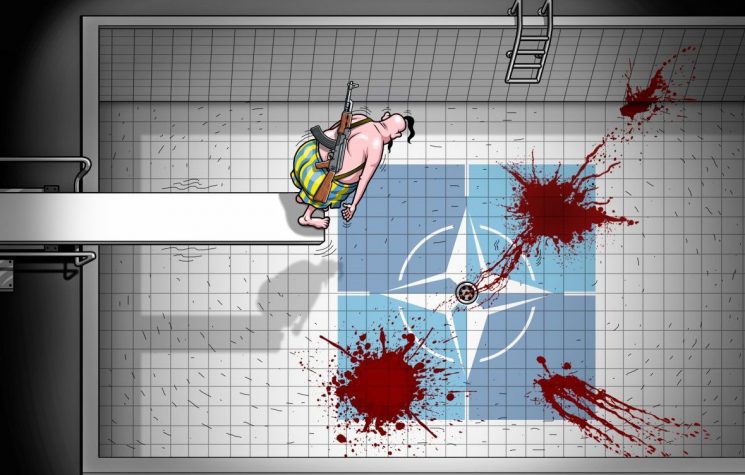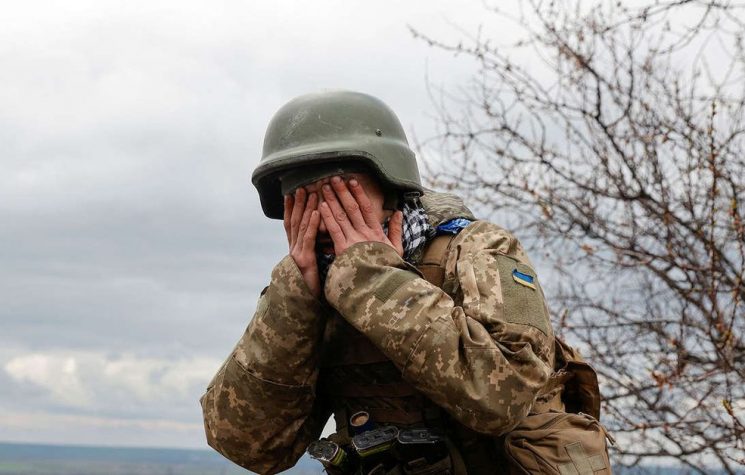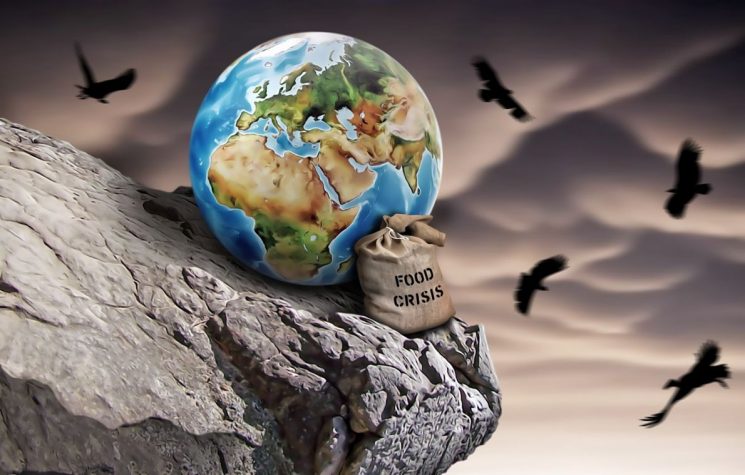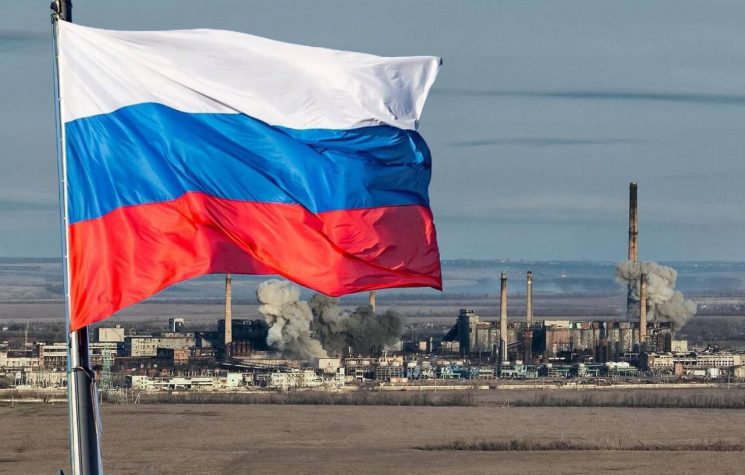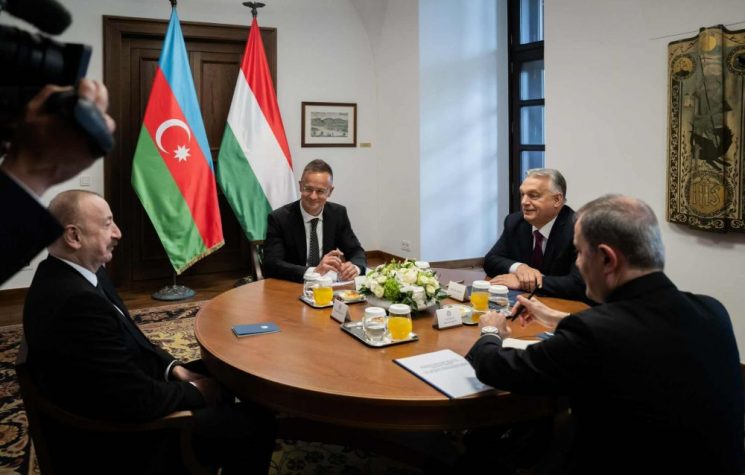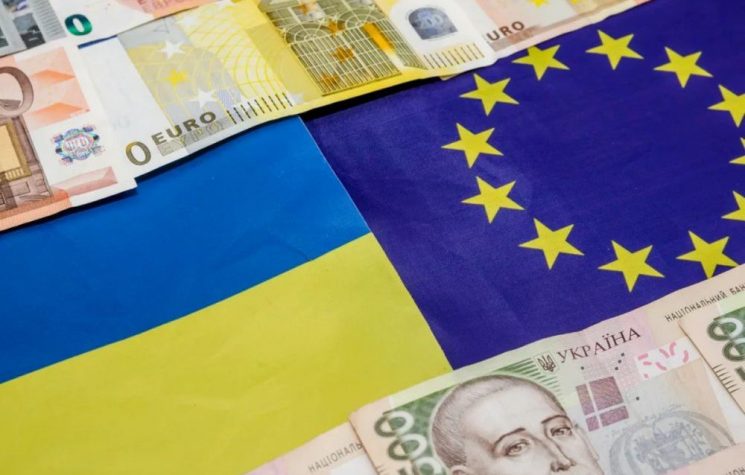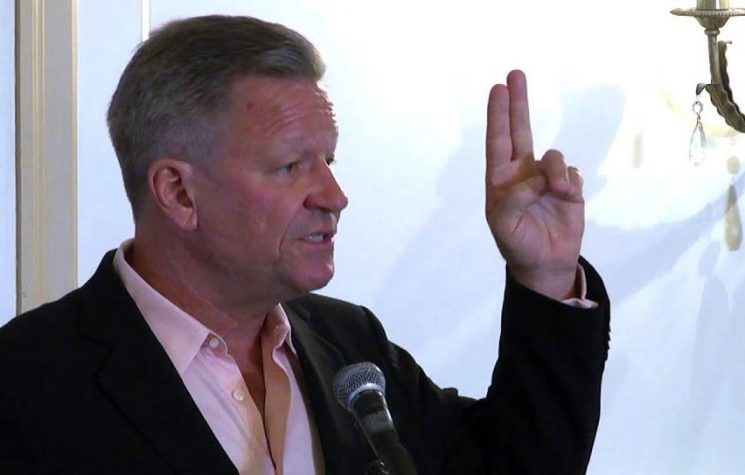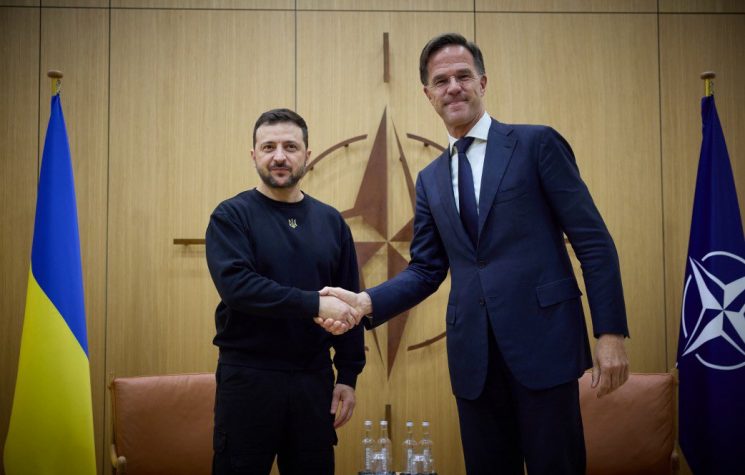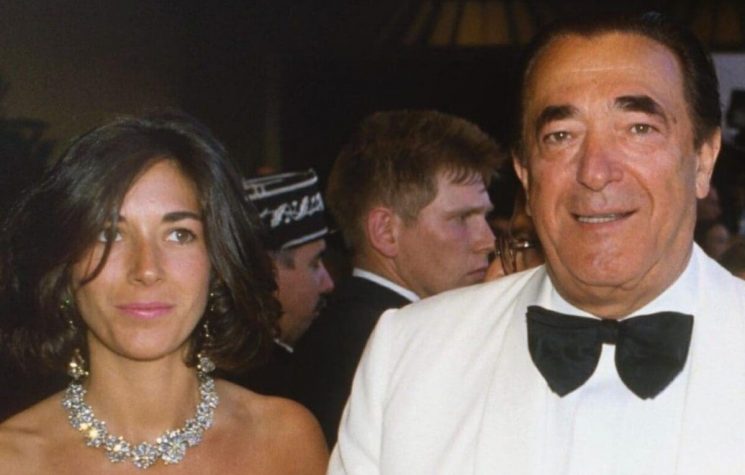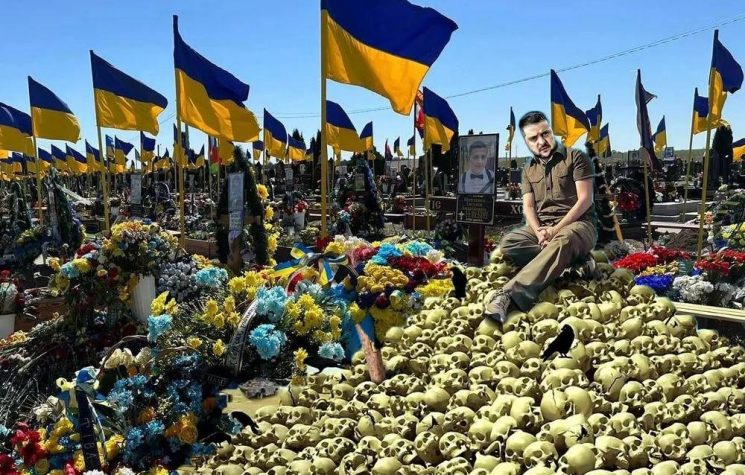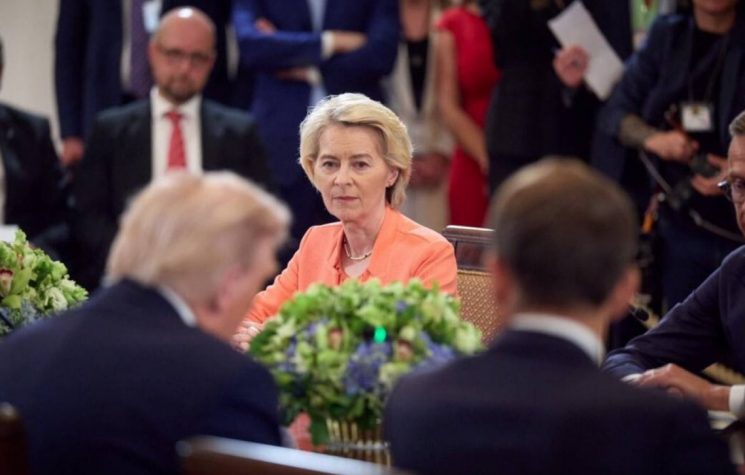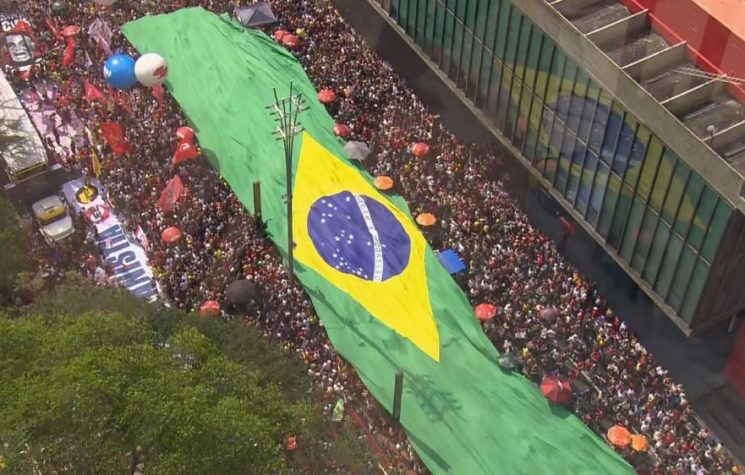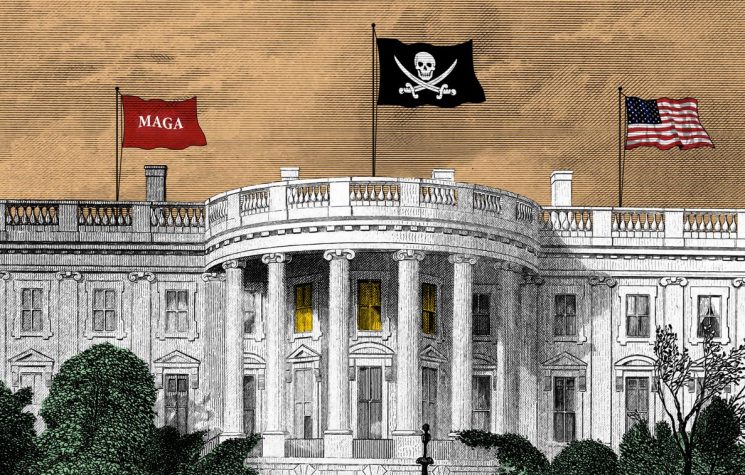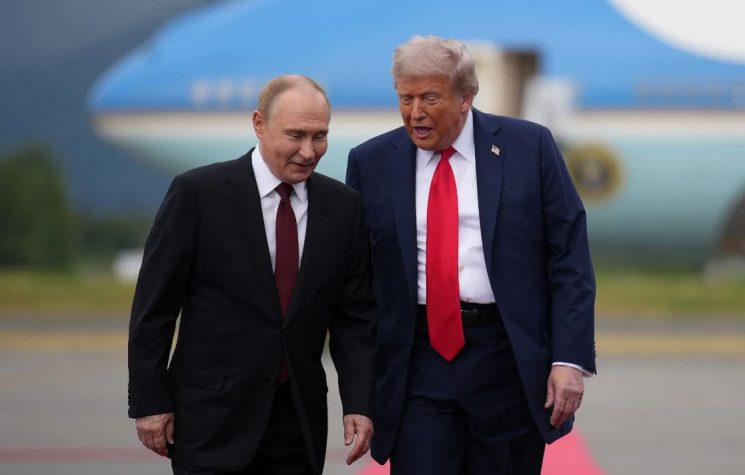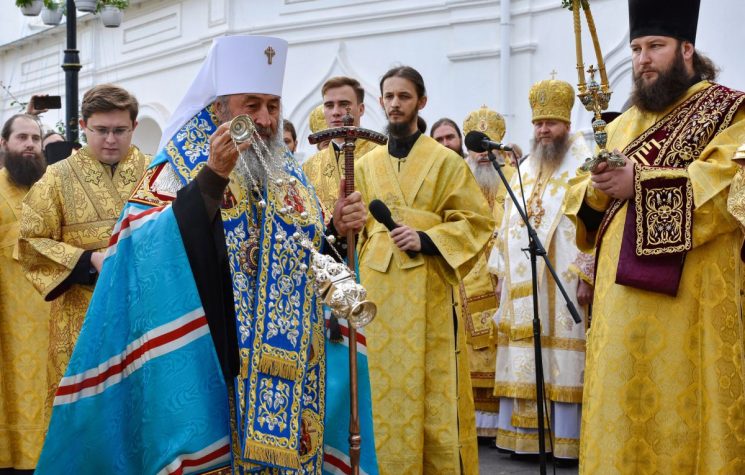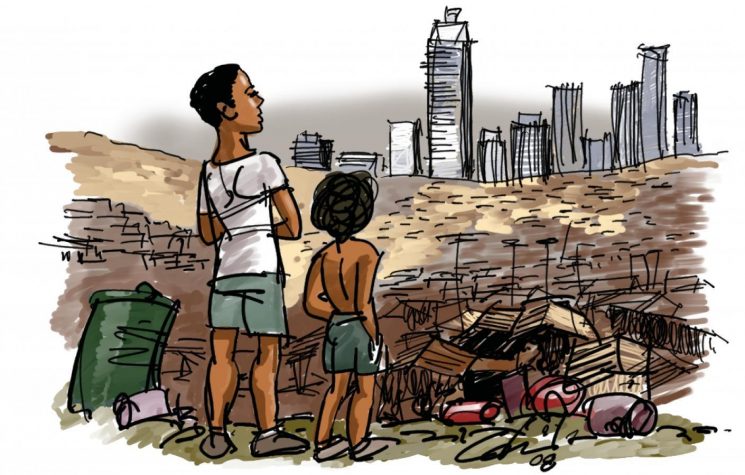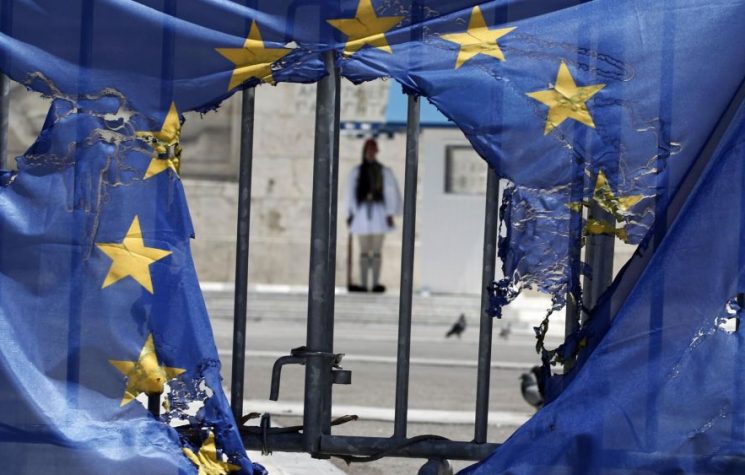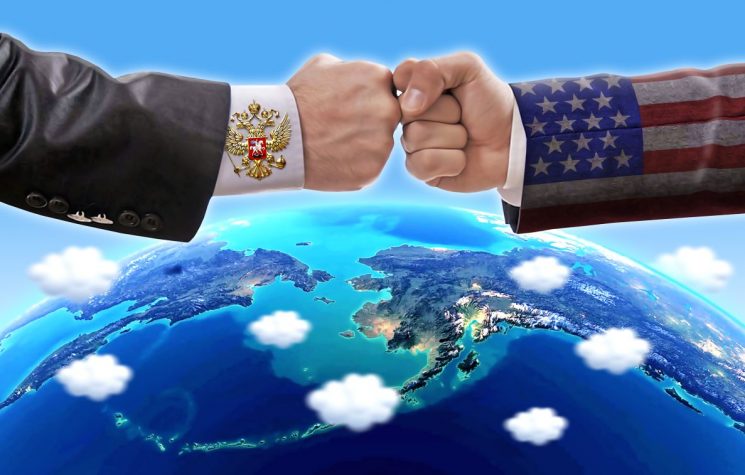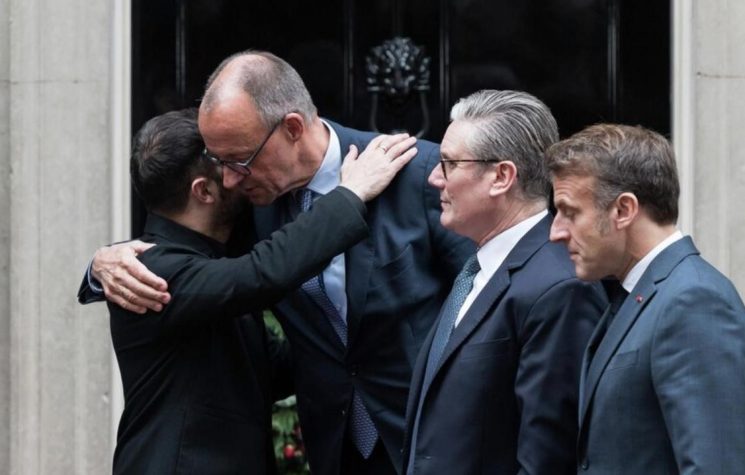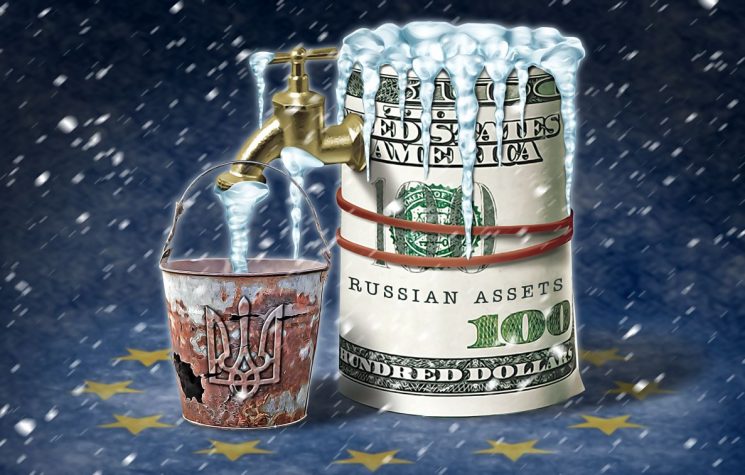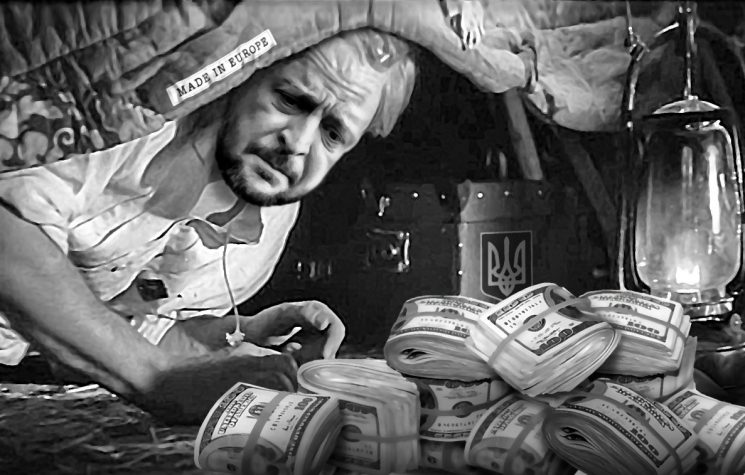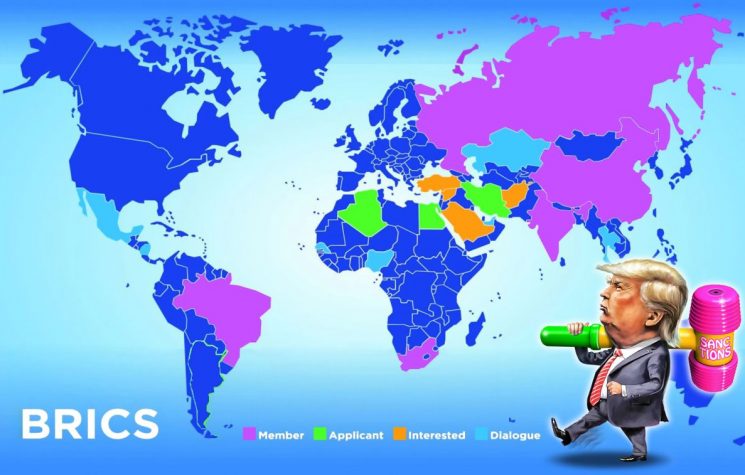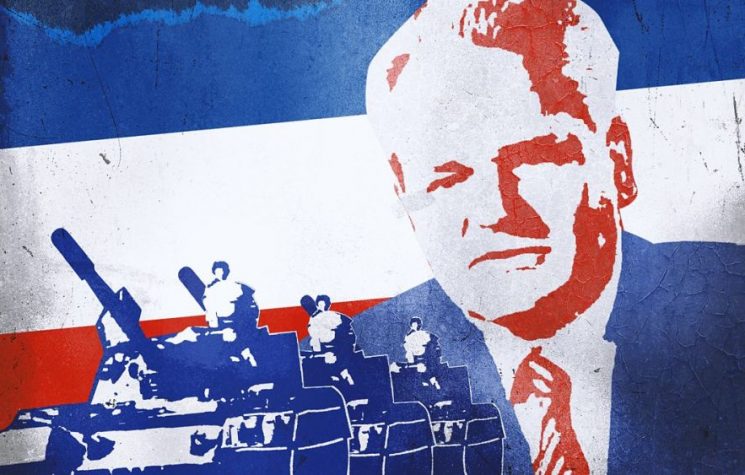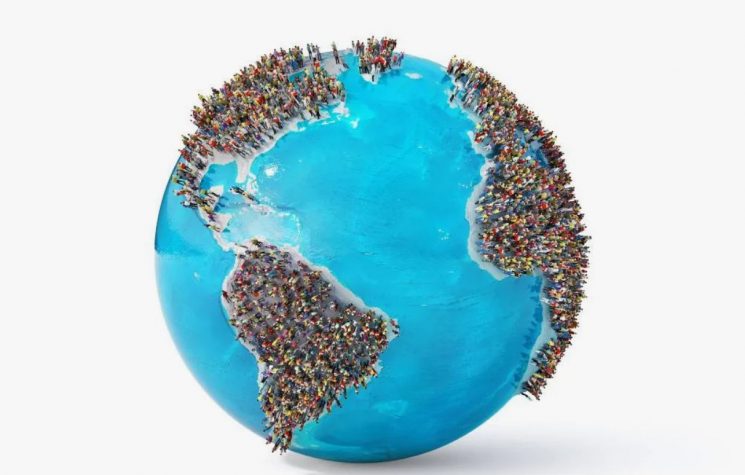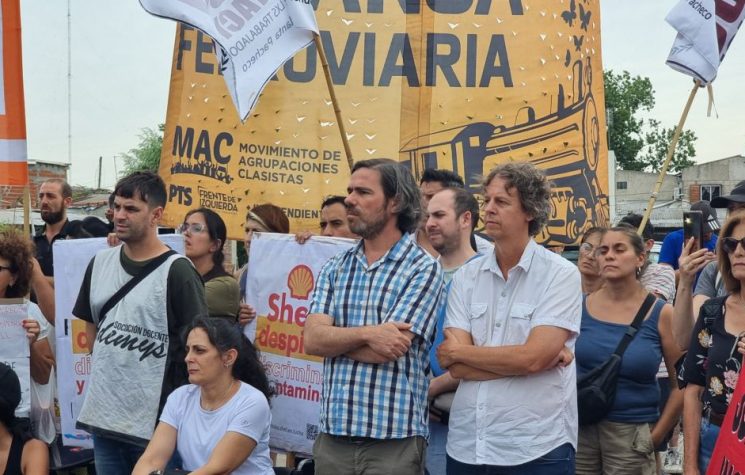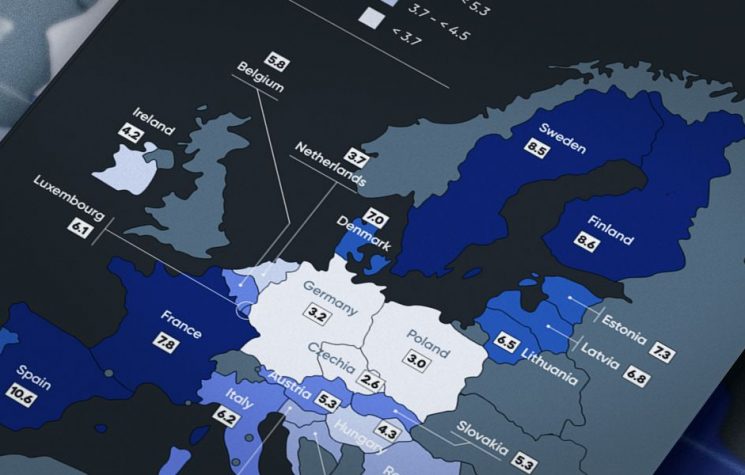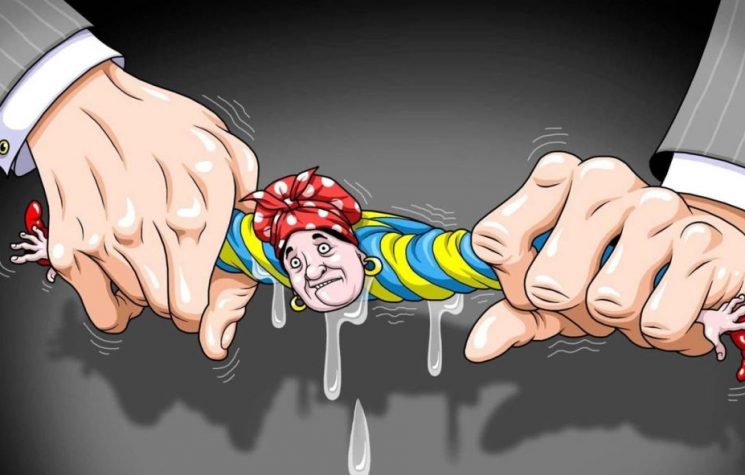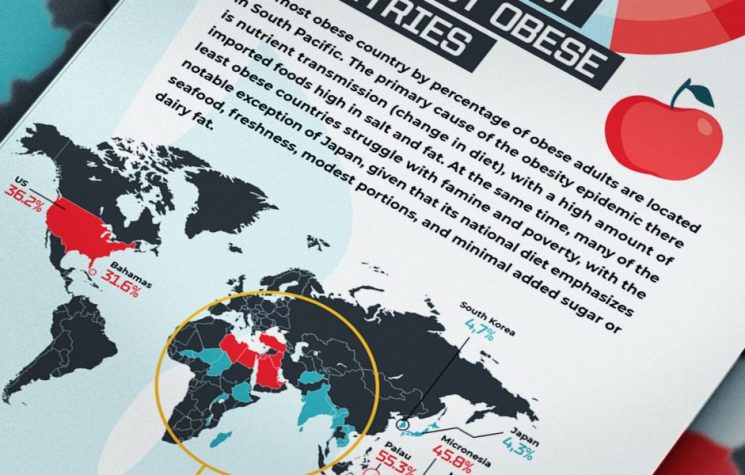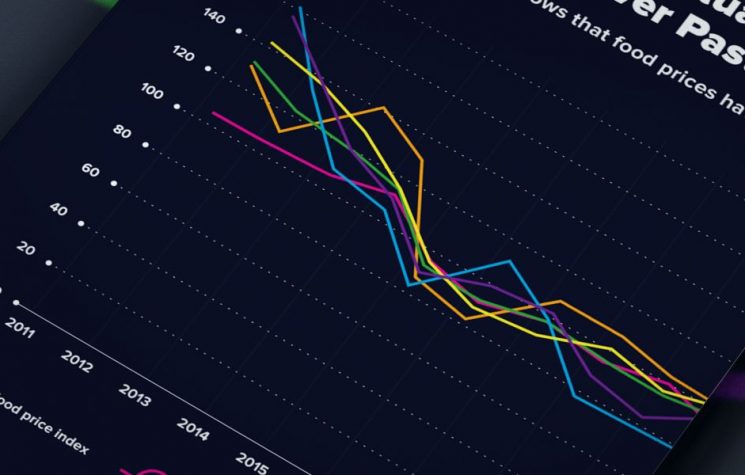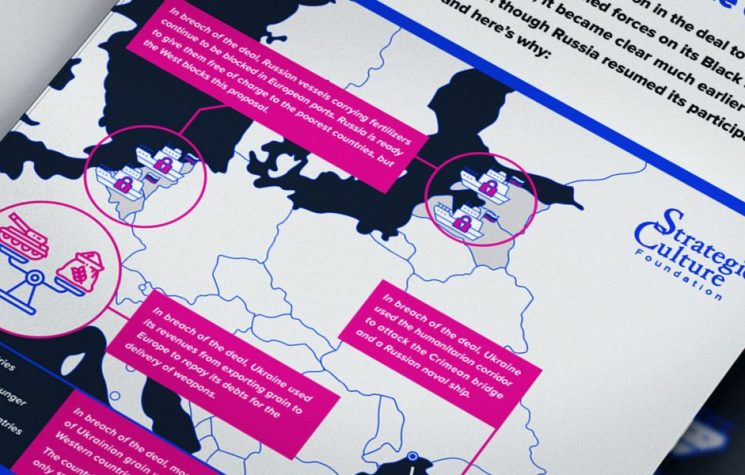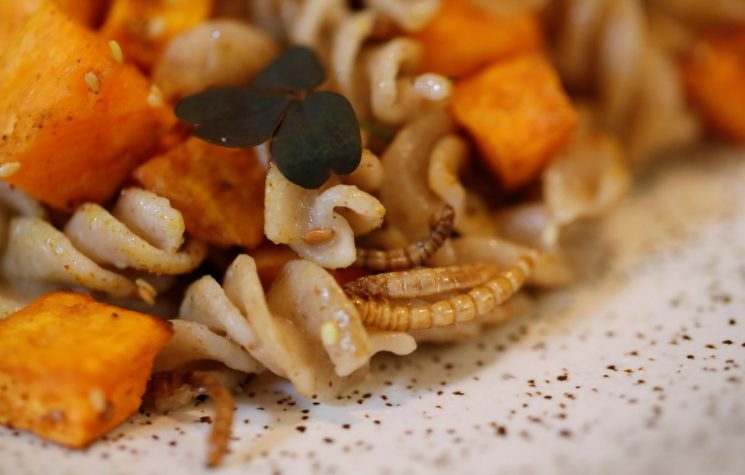It is absurd to blame Moscow for using “food as a weapon” when the people who are making the accusation are the same ones who are blocking Russia from exporting commodities.
Contorted thinking by Western leaders, media and NATO heads seems to know no bounds. Russia has been accused of illegal aggression against Ukraine, threatening to use nuclear weapons, blowing up its own gas pipelines and – perhaps the lowest of the low – using food as a weapon against the world’s hungry millions.
Can Russia be made to appear any more villainous? To that end, Western media is like a parody of a corny old James Bond movie script.
The slanderous accusations ignore the basic facts, such as: that Ukraine was weaponized by the United States and NATO for eight years since the CIA-backed 2014 coup in Kiev ushered into power a rabidly Russophobic NeoNazi regime.
Or take Russia’s repeated warnings against the danger of the NATO-fueled war in Ukraine escalating into a nuclear catastrophe, while the Western media continue to relentlessly and recklessly spread fears of Russia planning a nuclear attack. This is the propaganda background to the Kiev regime preparing a false-flag incident with a “dirty nuke bomb”. Another aspect of this turning reality on its head is the Kiev regime’s repeated targeting of the Zaporozhye civilian nuclear power plant with NATO missiles to cause a radiation disaster.
Then we had the blowing up of the Nord Stream gas pipelines under the Baltic Sea on September 27. Russia was accused of sabotaging its own infrastructure that it had invested tens of billions of dollars in over more than 10 years.
Now this week there were again emotive claims that Russia was holding the world’s hungry countries to ransom after Moscow announced that it was suspending a Black Sea shipping deal for cargo transport of agricultural exports.
U.S. President Joe Biden said Russia’s cancelling of the Black Sea grain initiative was “outrageous” and decried that the move was “going to increase starvation”. America’s top diplomat Antony Blinken vilified Russia for “weaponizing food again”.
Cable news channel CNN quoted Shashwat Saraf, the East Africa Emergency Director at the International Rescue Committee, saying that a collapse of the deal would “hit those on the brink of starvation the most.”
CNN also reported USAID chief Samantha Power as saying, “Any attempt to undermine the agreement is an attack on hungry families around the world whose lives and livelihoods are dependent on this initiative.”
As with the previous calumnies, there is the usual dearth of facts and logic.
Russia this week suspended the cargo ship accord following a mass drone attack on its port facilities at Sevastopol in the Crimean Peninsula last weekend. What’s more, the sabotage attempt on Russia ships with aerial and underwater drones was mounted by Ukrainian military with what appears to have been the help of British special forces.
Moscow summoned the British ambassador to warn of “dangerous and unpredictable consequences” for the alleged involvement of its forces. The Russian accusations were based on recovered drone vehicles. There was also evidence that the attack involved American surveillance and Canadian navigation devices.
British naval special forces and American air power were previously implicated in the blasts that temporarily knocked out the Nord Stream pipelines.
The grain export deal was brokered by the United Nations along with Türkiye’s mediation back in July. Russia agreed to facilitate the safe passage of cargo ships from Ukrainian Black Sea ports on condition that the shipping lanes were not used for military purposes. An essential part of the accord also involved allowing Russian export of grains and fertilizers. Since Russia’s contribution to world markets for these agricultural commodities is much greater than that of Ukraine, it would be more important in terms of augmenting supplies and keeping prices down.
On two scores, however, the UN-brokered shipping agreement was violated. The drone attack on Sevastopol last weekend appears to have been aided and abetted by a clandestine military operation exploiting the safe passage corridors that Russia had guaranteed.
Secondly, over the past three months the cargo export deal had not delivered on its promises to lift Western sanctions off Russia in order to facilitate the transport of grains and fertilizers to world markets.
If the United States and its European and NATO allies were really concerned by world hunger and the fate of starving millions then why are these powers continuing to hamper Russia’s agricultural exports? Russia is the world’s biggest exporter of grains and mineral fertilizers that are vital for maintaining agricultural production.
It is as despicable as it is absurd to blame Moscow for using “food as a weapon” when the people who are making the accusation are the same ones who are blowing up security corridors and blocking Russia from exporting commodities. Indeed, they are the same people who accuse Russia of using energy as a weapon while they are blowing up pipelines to Europe.
These same powers are the ones who have commandeered the lion’s share of Black Sea food exports over the past three months. Exports to African and Asian countries comprise only about 3 percent of the total that was allowed passage. The global food market is controlled by a handful of American-based corporations and much of the soaring prices for food staples has been caused by market speculation as well as the strong dollar policy of the United States.
The vulnerability of the world’s poor to hunger is rooted in the global capitalist system that Washington and its allies are desperately trying to prop up. The geopolitical confrontation with Russia which is manifest over Ukraine is exacerbating the scourge of poverty and famine. Solutions to these problems can be readily found with political will and moral integrity. But the Western elites are not interested in solutions as their staggering hypocrisy and cynicism clearly demonstrate.









